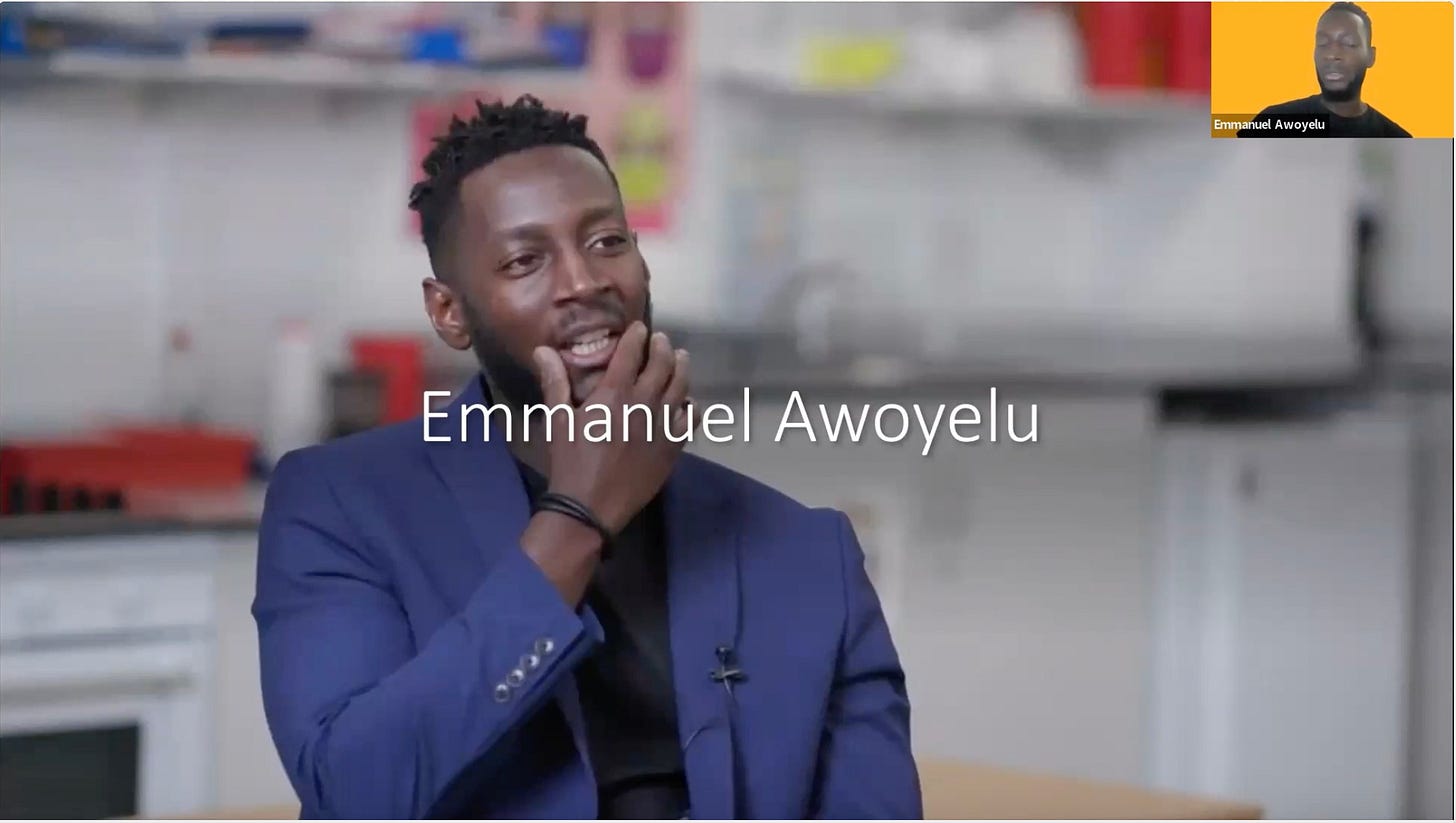Our young people are human beings first and learners second.
There can be a tendency to focus on the second element at the expense of the first.
What can happen is that the intellectual trumps the emotional, that the need to crack on with covering the curriculum takes precedence over the agency which young people need to bring to the learning.
It’s not a one way street, where I deliver the lesson content, job done. It needs some capacity on the part of my pupils to engage with the material being taught.
One of the ways we can help the bridge between the learner as a human being and the learner engaging with the curriculum, is to have ways of supporting them to ‘find their voice’.
This is both literally: being able to articulate their ideas and responses to what is being taught; and metaphorically: being able to step into the unique role and contribution they have to make in their interactions with their classmates, teachers and the wider world.
When schools are intentional about this, it can be transformational. Manny Awoyelu, one of the advisers to the Finding my Voice programme talks about how one teacher gave him a platform and an environment to express himself through stories and poetry.
Rachel Higginson has spent over seven years working with pupils on the margins of inclusion, either having been excluded or at risk of being so. These young people have been supported to find their voices and to recognise the unique gifts they have to contribute. Many of them are now engaged and contributing fully to school life.
Rachel has taken the practical insights from working with vulnerable young people, and combined these with the research literature on inclusion, oracy and personal development, to create a programme for schools to develop their work.
I’m delighted to be working with Rachel, along with Christian Foley and Manny Awoyelu to bring this light touch, high impact work to the world: literally and metaphorically ‘Finding my Voice’.
More to come!
Until next time
Mary





